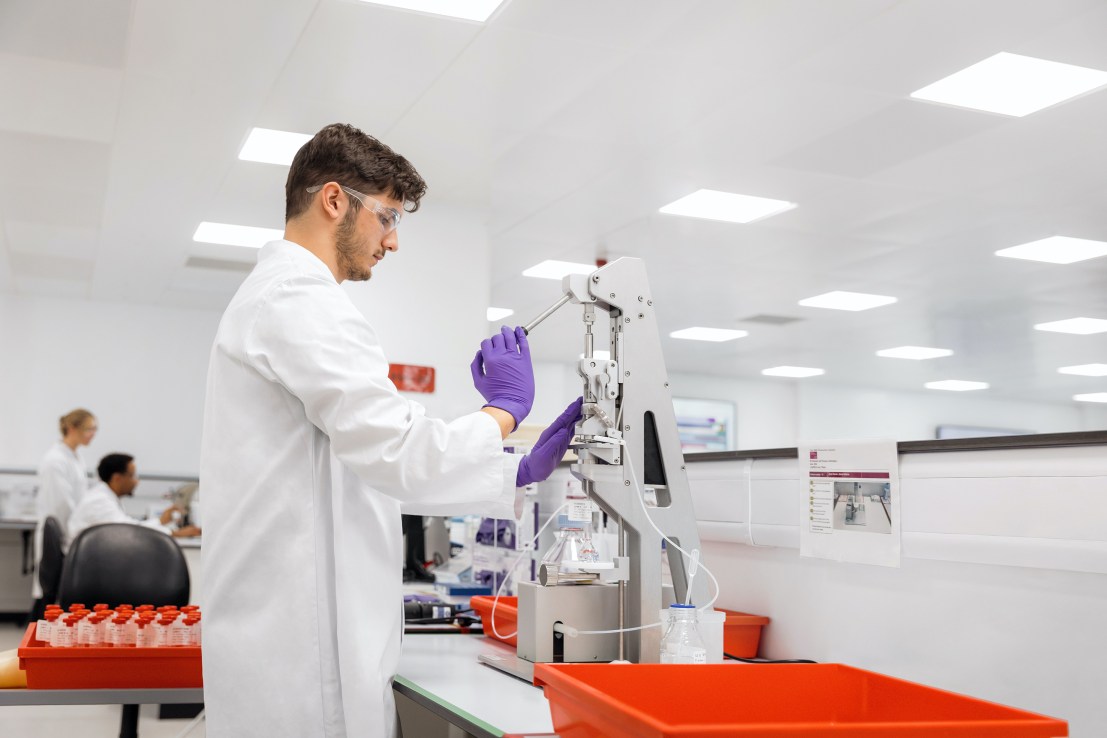GSK snaps up potential asthma treatment gamechanger in £800m deal
GSK has completed the acquisition of Aiolos Bio, a company working on treatments for respiratory and inflammatory conditions.


GSK has completed the acquisition of Aiolos Bio, a company working on treatments for respiratory and inflammatory conditions, the pharmaceutical giant announced today.
The London and New York listed company will pay $1bn (£797m) upfront for Aiolos and could pay up to $400m (£319m) more if its medicine hits certain regulatory goals.
As part of the deal, first announced last month, GSK now owns AIO-001, a medicine in the late testing phase for adults with asthma. The drug might only need to be given every six months, changing how asthma is currently treated.
AIO-001 works by targeting a protein called TSLP, which causes inflammation in asthma.
Chinese pharmaceutical firm Jiangsu Hengrui, which was involved in the development of AIO-001, will also receive milestone payments and tiered royalties from GSK.
GSK chief scientific officer, Tony Wood, said: “Given the limited treatment options for asthma patients with low T2 inflammation, we look forward to using our deep respiratory expertise to potentially offer a long-acting biologic to a broader portion of the 315 million patients living with asthma.”
Daniel Chancellor, healthcare analyst at global pharmaceutical intelligence firm Citeline, said the Aiolos deal “fills a gap” in GSK’s portfolio.
“AIO-001 will allow the company to compete vs AstraZeneca and Amgen, whose own drug in this class (Tezspire) is expected to bring in $2.5bn in annual sales by 2028 according to Evaluate forecasts,” said Chancellor.
It is the latest in a string of successes for GSK, as it has received a fast track designation from the US for its chronic hepatitis b drug and made a potential breakthrough with its cancer treatment.
Chancellor added: “GSK has made strong progress in turning around its business to growth, in particular thanks to the launch of RSV vaccine Arexvy.
“Evaluate forecasts GSK’s revenue growth to stabilize in the 5% range over the coming years, and we expect the company to be active in similar size deals as it supports this momentum with longer-term revenue growth from early-stage drug programs.”
GSK has become a pure-play vaccine and healthtech since spinning out its consumer healthcare division, now known as Haleon.
The move, which was contested by activists, has largely been seen as a success and strengthened the position of GSK CEO Dame Emma Walmsley.



